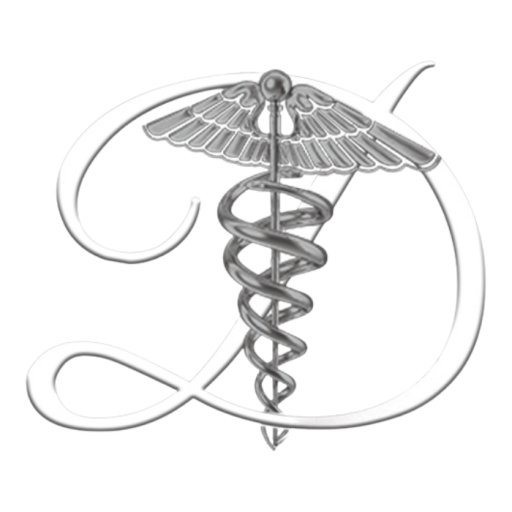Understanding Thyroid Disease
Thyroid disease encompasses various conditions caused by improper thyroid function, affecting vital processes like metabolism and heart rate. Dr. Domenicini’s clinic is adept at diagnosing and managing thyroid disorders, whether patients produce too much or too little thyroid hormone, which can affect body heat regulation, weight, and heart rhythm.
Hyperthyroidism Overview & Symptoms
Hyperthyroidism causes a wide range of symptoms that may be different for each patient. Many symptoms of hyperthyroidism are similar to those of other diseases. Common symptoms of hyperthyroidism may include:
- Weight loss
- Rapid and irregular heartbeat
- Nervousness or irritability
- Increased appetite
- Trembling hands and fingers
- Sweating
- Frequent bowel movements
- Swollen thyroid gland or goiter
- Fatigue
- Mood swings
Hypothyroidism Overview & Symptoms
Hypothyroidism has been associated with a number of complications. These include:
- Mild forms of depression.
- Cold sensitivity.
- Elevated levels of bad cholesterol (LDL).
- Extremely low thyroid levels have been linked to infertility.
- Enlargement of the thyroid gland, or goiter.
Hyperthyroidism causes the body to be in overdrive more often than not. As a result, it may cause complications such as:
- Heart Arrhythmia.
- Hypertension.
- Enlargement of the heart cavities called cardiac dilation.
Request an Appointment
Call (860) 561-1007 to schedule your next appointment with us!
Our Address:
701 Cottage Grove Rd, Bloomfield, CT 06002
Specialized Diagnostic Approach
Our clinic conducts thorough evaluations, including advanced thyroid function tests and autoimmune screenings to accurately diagnose and understand each patient’s condition. We offer a full spectrum of diagnostic services, such as thyroid ultrasound and lab tests, to ensure precise treatment plans.
Preventive and Ongoing Care
Treatment at Dr. Domenicini’s clinic aims to regulate hormone levels, minimize symptoms, and prevent complications like cardiovascular disease and osteoporosis. Continuous monitoring ensures that treatments remain effective and adapt to patients’ evolving health needs.


